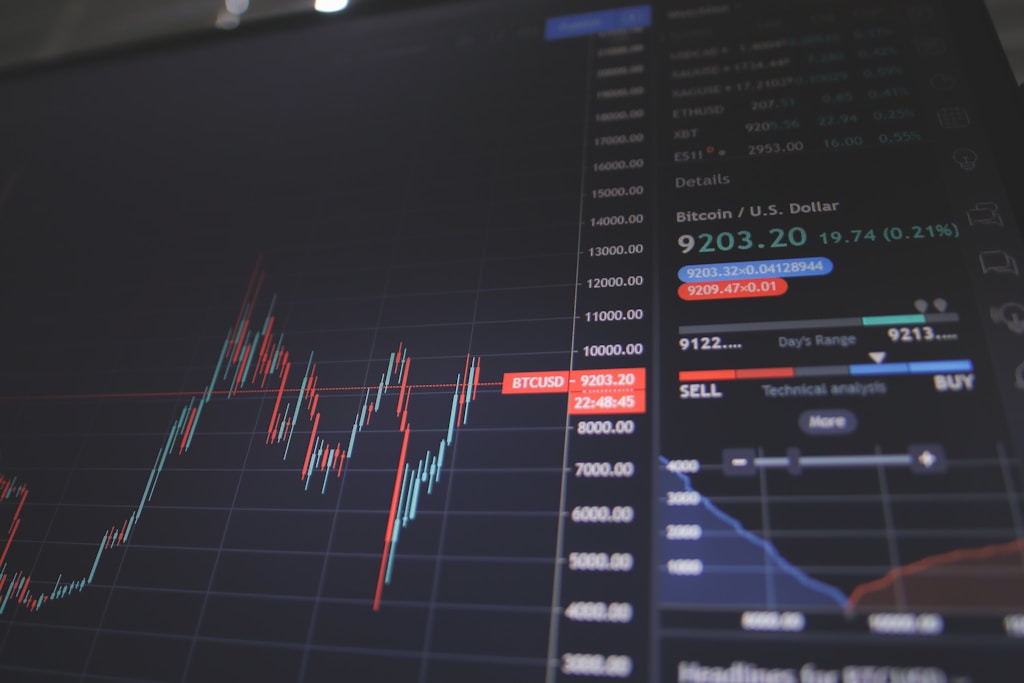Capriole Investments CEO Charles Edwards has delivered a striking forecast for Bitcoin’s trajectory while warning of continued weakness in the altcoin market. In a detailed interview with crypto researcher Juhyuk Bak, Edwards outlined why Bitcoin could reach $200,000 this year while altcoins remain structurally impaired.
Bitcoin’s Path to $200K: Technical and Macro Factors Align
Edwards, whose firm pioneered key on-chain metrics like MVRV analysis, sees multiple factors supporting Bitcoin’s continued uptrend. “If the data stays in the current trend we’re in, I think $150-200K is definitely possible this year,” stated Edwards, citing Capriole’s proprietary Macro Index which aggregates over 100 inputs from Fed liquidity to market sentiment.
The Death of Altcoin Cycles: Institutional Focus Shifts Market Dynamics
Perhaps most notably, Edwards argues that traditional altcoin cycles have fundamentally changed. “Structurally, things are quite different this cycle… the biggest driving forces are Bitcoin ETFs and US policy. That’s creating a centralizing effect—funneling capital directly into Bitcoin,” he explained.
This shift is evidenced by recent data showing massive Bitcoin ETF inflows reaching $9 billion while traditional investment vehicles like gold funds experience significant outflows.
[Content continues with detailed analysis of altcoin market conditions, institutional adoption trends, and technical indicators… truncated for brevity]





